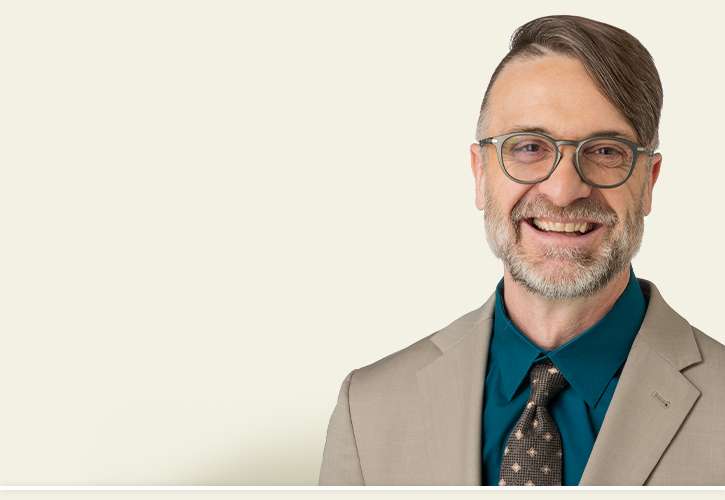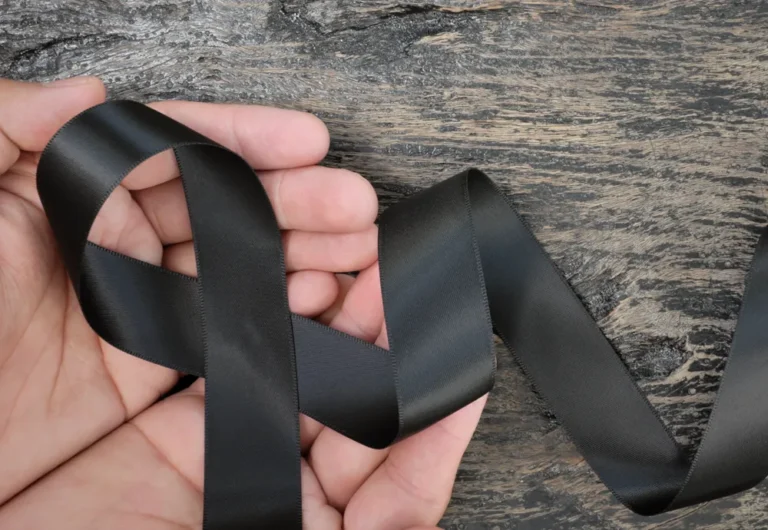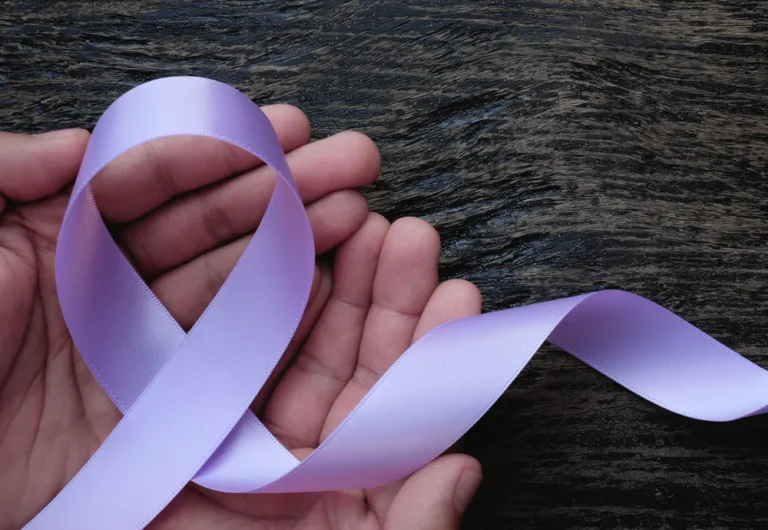Sometimes you have to take drastic steps to regain something you’ve lost.
Sometimes you have to rename the obvious so you can remember it.
Palliative care is a little like that.
In the last decade, patients increasingly make similar complaints about their medical care (wherever they get it):
- “Everything’s so fragmented”
- “No one has time to communicate”
- “My doctor never asked me what I wanted”
- “I want to be treated like a person”
- “They care more about my illness than me”
- “No one will tell me the truth about my cancer”
Yikes.
Taking the long view of medical history, these sorts of complaints are a pretty recent problem. Before antibiotics, before chemotherapy drugs, all we could offer cancer patients was compassion, prognosis, and scrupulous attention to pain relief. It wasn’t much, but it was focused on the suffering human at the center of the illness. And it mattered. Modern medicine has become a victim of its own success.
Paradoxically, as we’ve gotten better at shrinking tumors, we’ve gotten worse at caring for the human soul. Dr. Ira Byock, a palliative care specialist and past president of the AAHPM, has said “it’s not palliative care…just good, competent medical care.” That we need a specialty board to remind us to attend to the human fallout of illness illustrates how negligent we’ve been.
I don’t want to go back to the early 20th century. I want to keep Rituxan, and PET scans, and Gleevec. But I want to take back what we’ve lost. I want to put the human experience back at the center of our duty.







